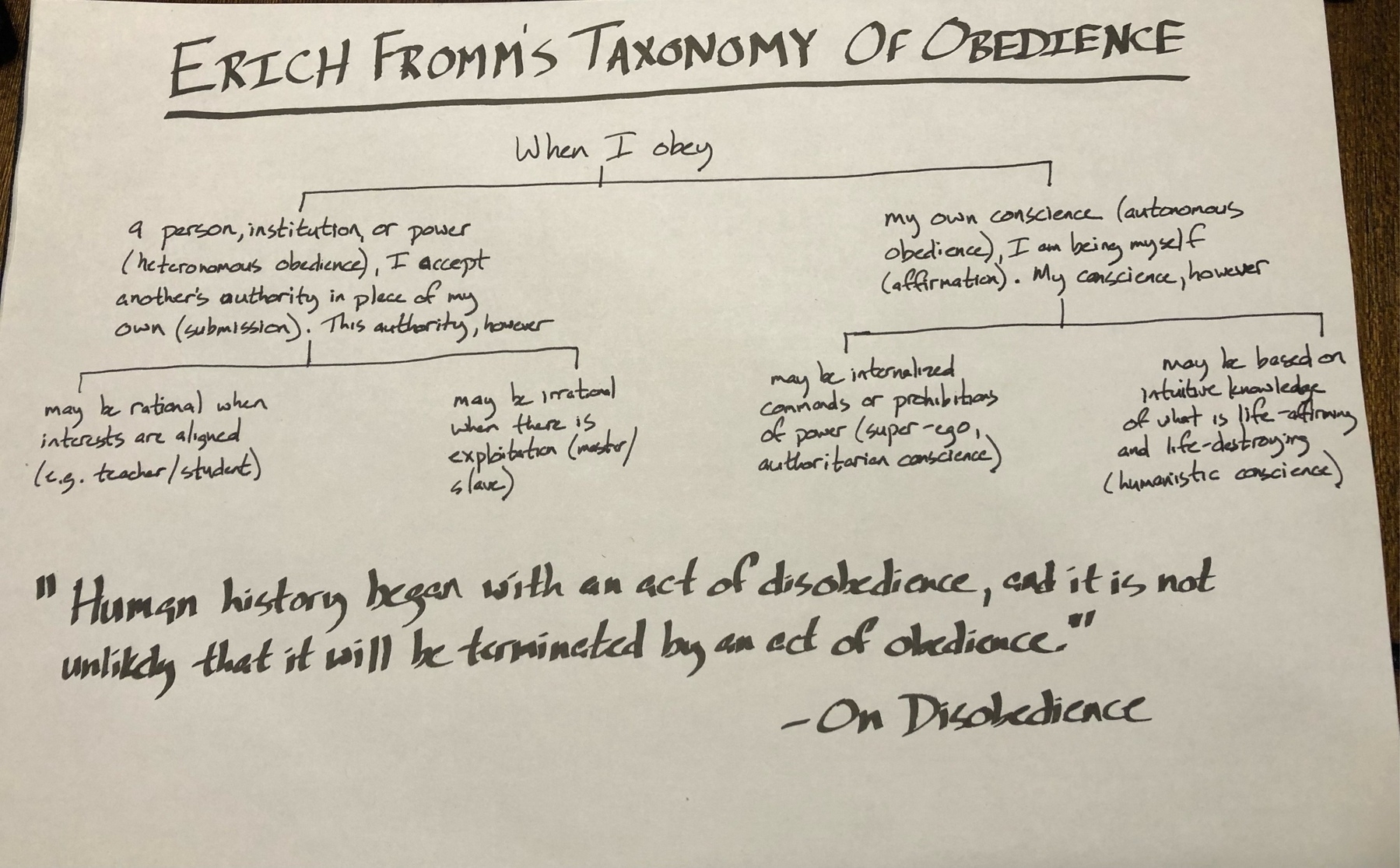It’s a new year - and that means well-intentioned people making resolutions and other well-intentioned people insisting that we’re all good enough as we are. Both are right.
It seems clear to me that most of us could use some improvement and such improvement requires intentionality and planning. The beginning of a new year is as good a time as any to do that.
It also seems clear to me that some of our ideas about self-improvement are driven by corporations intent on exploiting our insecurities for their own profit, a.k.a. marketing.
This tension between self-improvement and self-acceptance is one that has bedeviled me often. I won’t say I have any answers but I do have some experience.
I suggest two words to keep in mind:
Grace
Be gracious with yourself. Something needs improvement? That’s fine! Approach the issue knowing that you are not your enemy. Get out of the conflict frame of mind.
For example, I’ve let my running and meditating practice fall apart over the last couple of months. It’s not the first time and it won’t be the last. I shrug my shoulders and make plans to gently correct it.
Running: Work back into the practice by running a mile a day 3-5 times per week. Increase that from a mile as I feel like it. I’m in no hurry. I’m not going to die of a heart attack if I’m not running a 5k next month. One mile is better than zero miles.
Meditating: Work back into the practice by meditating 20 minutes at a time. I was meditating for longer periods of time and there’s a voice in my head that wants me to believe that 20 minutes (or even 10 or 15 minutes on really distracted days) isn’t good enough. But I will be gracious with myself. Ten minutes is better than zero minutes.
Whim
I was reading The Pleasures of Reading in an Age of Distraction this evening when it occurred to me that Alan Jacobs’ discussion of Reading at Whim might apply here also.
The Eat Your Greens school of reading (see Adler/Van Doren in How to Read a Book) would have us read the right books in the right way and - most importantly - have the right opinions about them. Jacobs offers a different approach: Read at Whim.
Eventually, however, he comes upon a problem similar to the self-improvement/self-acceptance conundrum. Not all books are equally valuable (some are more like junk food) - yet he still maintains that the Eat Your Greens school misunderstands the point of reading.
This is where he distinguishes between whim - “thoughtless, directionless preference that almost invariably leads to boredom or frustration or both” - and Whim - “based in self-knowledge.”
Capital-W Whim includes a playfulness grounded in a person’s knowledge of their own interests, capabilities, etc. It is not based on what others believe you should do, much less on what will enrich people wholly unrelated to you.
Grace applied to self-improvement means you will be kind to yourself, refusing to see yourself as your enemy. Whim applied to self-improvement means you will approach it with a certain playfulness, always with reference to what leads to your own flourishing.
Together this means that self-improvement is best approached through love and patience. The same approach you would take with a beloved friend.

